Breadcrumbs
- Home
- Graduate Studies
- MSc/PhD Program Overview
Graduate Program Overview
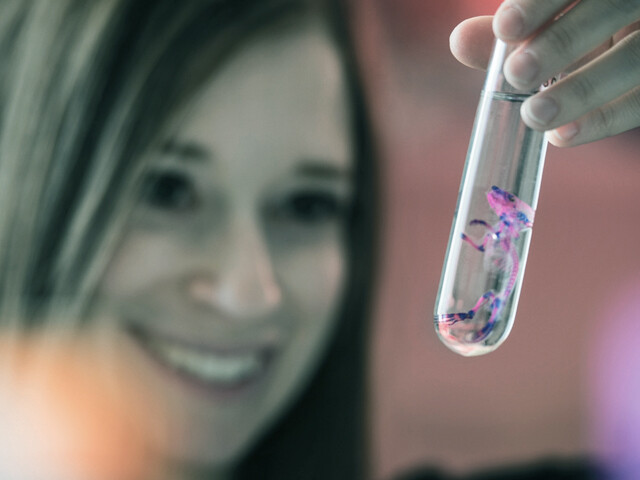
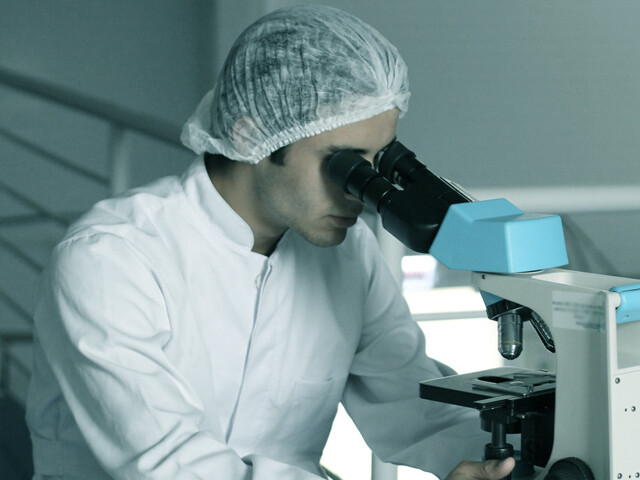
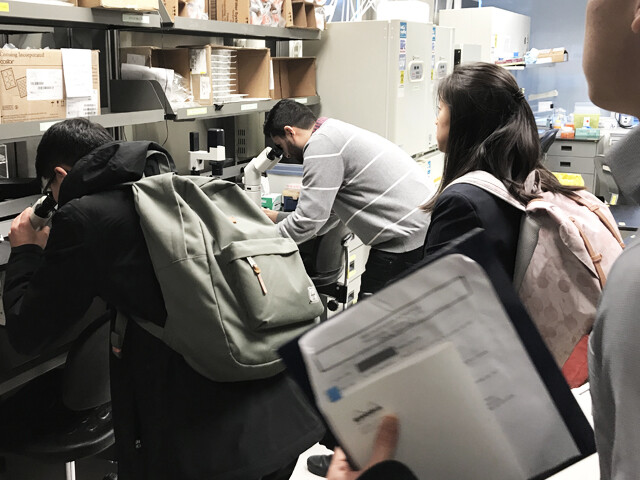

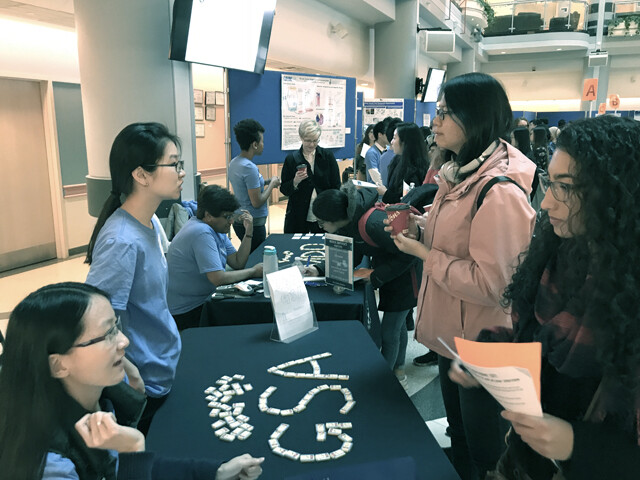
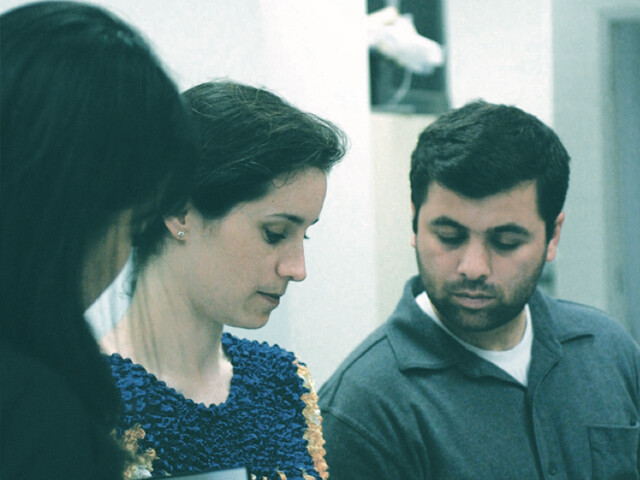
The graduate student training program is a vital component of the Department of Medical Biophysics, dating back more than 50 years to its origins in cancer research at the Ontario Cancer Institute.
The department offers interdisciplinary research-focused graduate studies at both the Masters (MSc) and Doctoral (PhD) level. The MSc program is a common entry point, but the emphasis is on the PhD program. Course work is intended to broaden the backgrounds of all students, most of whom enter with undergraduate training in the life or physical sciences.
The average time for program completion is 2.5 years for MSc students and 5-6 years for PhD students.
Learn more about the MBP Graduate program:
Research
Research principally takes place in the biomedical and cancer research institutes of the major teaching hospitals at the University of Toronto, rather than in University labs. These include the Princess Margaret Cancer Centre, Sunnybrook Research Institute, the Hospital for Sick Children Research Institute, Toronto General Hospital Research Institute, Rotman/Baycrest Research Institute, the Lunenfeld-Tanenbaum Research Institute, Techna Institute and the Ontario Institute for Cancer Research. The resources and facilities provided by these institutions are unmatched in Canada, as is research productivity: a recent five year review listed 3,933 peer-reviewed papers published by our faculty and students, which had already accrued 64,300 citations in the scientific literature.
Interdisciplinary research is at the heart of the department of Medical Biophysics, cutting across the conventional boundaries of physics, engineering, chemistry, mathematics, biology and medicine. Graduate studies in our department focuses on both basic and translational research, and our graduates hold leading positions in fields ranging from Academia, Pharma & Biotechnology to Government, Education and Professional practice (Medicine, Law and Business).
Major Research Themes include:
Faculty
Most of our core scientists hold their primary academic appointment in the Department of Medical Biophysics, which is in the Temerty Faculty of Medicine at the University of Toronto.
As many as 30% of our faculty are clinician-scientists, meaning that they are physicians who devote most of their time to research; this is key to our mission to ‘translate’ basic science research to change the practice of medicine. These faculty hold primary appointments in the Departments of Medicine, Surgery, Pediatrics, Medical Imaging and Radiation Oncology, also within the Temerty Faculty of Medicine. All hold Medical Biophysics appointments too.
Medical Biophysics does not have an undergraduate program, and as such, faculty teaching is restricted to graduate level courses and graduate research mentorship.
Stipend/Funding
All graduate students are guaranteed a stipend while in their program; approximately 40% receive scholarships from granting agencies, many of which exceed the basic stipend provided by the Department. Stipends are reviewed each year to account for the cost of living in downtown Toronto and are linked to inflation of university tuition fees.
Learn more about funding for current Medical Biophysics graduate students.
